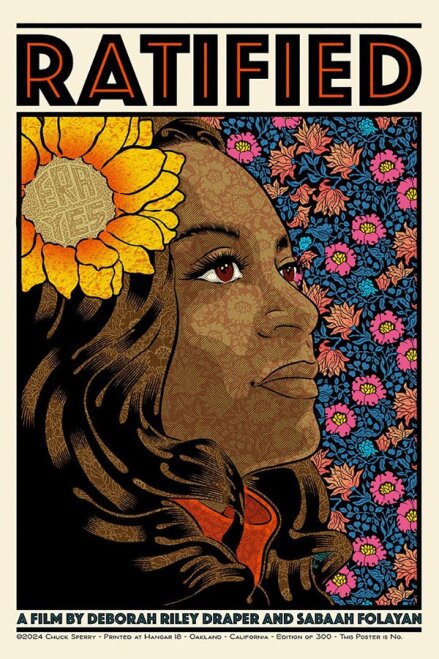Yik Yak on campus: Safe space to vent or forum for hate?
January 20, 2016
At the center of a hate speech incident at Western Washington University during the fall semester was an anonymous-posting app many students use and many parents may not know about: Yik Yak.
It was the latest in a string of events across the country that have students, activists and administrators across the country wrestling with how the anonymous-posting service, extremely popular with millennials, fits in on campus.
Some students see Yik Yak as a harmless distraction filled with campus in-jokes. Others say negativity and hate anonymously posted to the site overwhelm any feeling of community the app might promote.
Last year, Washington State University sororities and fraternities became so incensed by hateful posts that they led a campus-wide effort to convince students to delete the app.
But some researchers say discourse on Yik Yak reflects less about the medium and more about the campuses themselves, for better and worse.
Yik Yak users post short, anonymous musings to a digital bulletin board organized geographically. For example, on the University of Washington campus, posts are generally directed to and read by Washington students. Users can favor posts by voting them up, and show displeasure by voting them down. If five people down vote a post, it will disappear. Posts also expire with time.
Common sentiments seen recently on the college’s Yik Yak: Romantic frustration (sometimes graphic), midterm stress and quips about roommate troubles and pizza. Normal college stuff. Most of the time the comments are benign, but some veer into troubling territory.
That’s nothing new, said researchers.
Nora Draper, an assistant professor of communication at New Hampshire University, compared Yik Yak to graffiti on bathroom walls, which was studied by researchers in the 1990s.
“What researchers found is what people have seen on Yik Yak: Everything from homophobic, misogynist, racist speech to supportive speech for minority identity groups,” she said. “What Yik Yak has done is create a platform that makes that accessible and also creates a wider audience.”
Students’ opinions on the service varied widely.
Andrea Jorge, a freshman computer science student, said she checked the app most days as a means of stress relief.
“A lot of stuff people post is so relatable. Sometimes you say, ‘Yes, it’s true! That’s how I feel.’”
She said it’s comforting to see other people experiencing the same difficulties she faces at school.
“In a weird sense, it’s almost a safe space if it’s anonymous. People will talk about their problems or frustrations,” she said.
Still, some sexist posts have left her shaking her head.
Alexis Jensen, a senior sociology and communication student, said she does not use the app and lost interest in Yik Yak after her sophomore year.






























